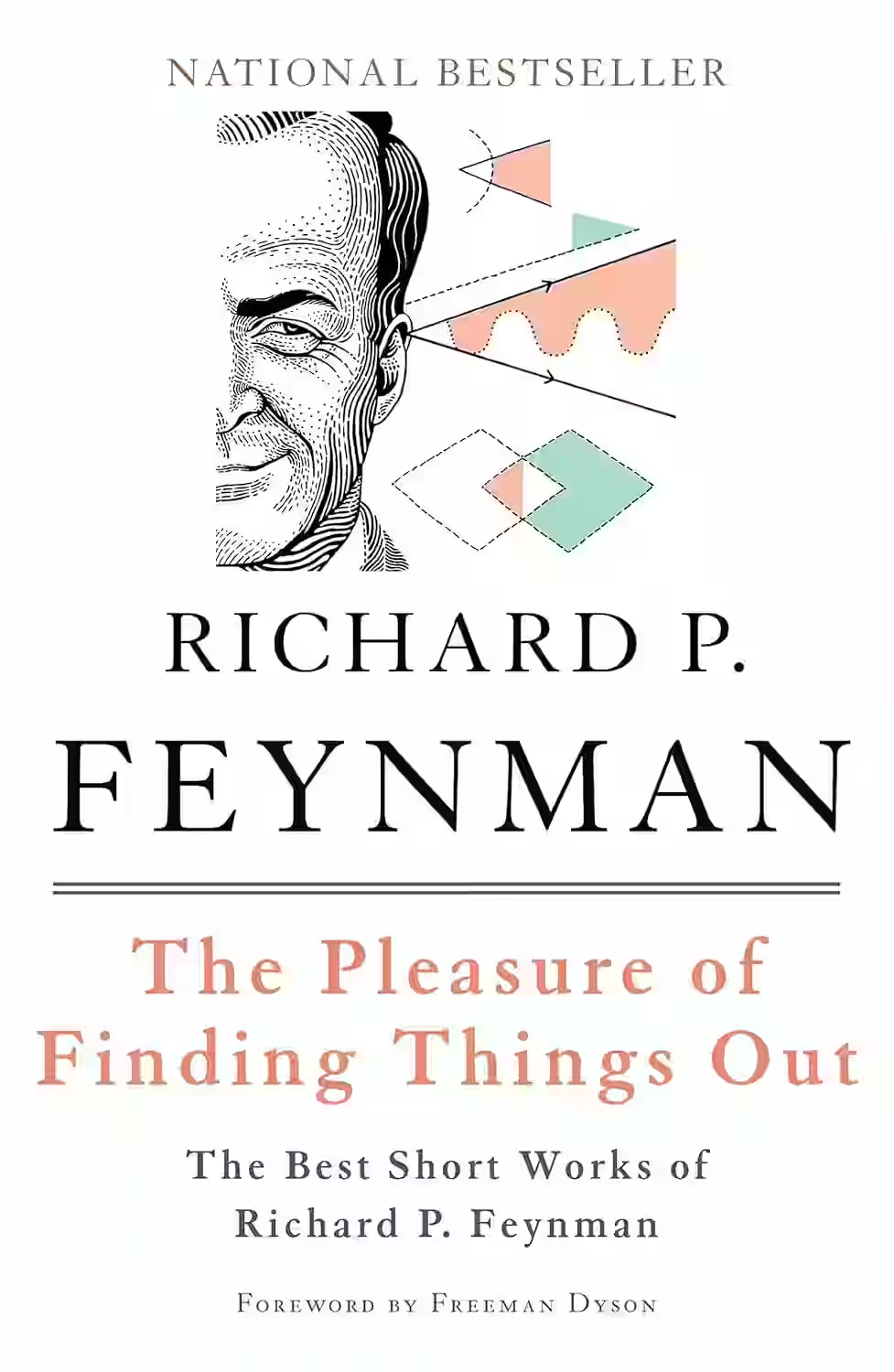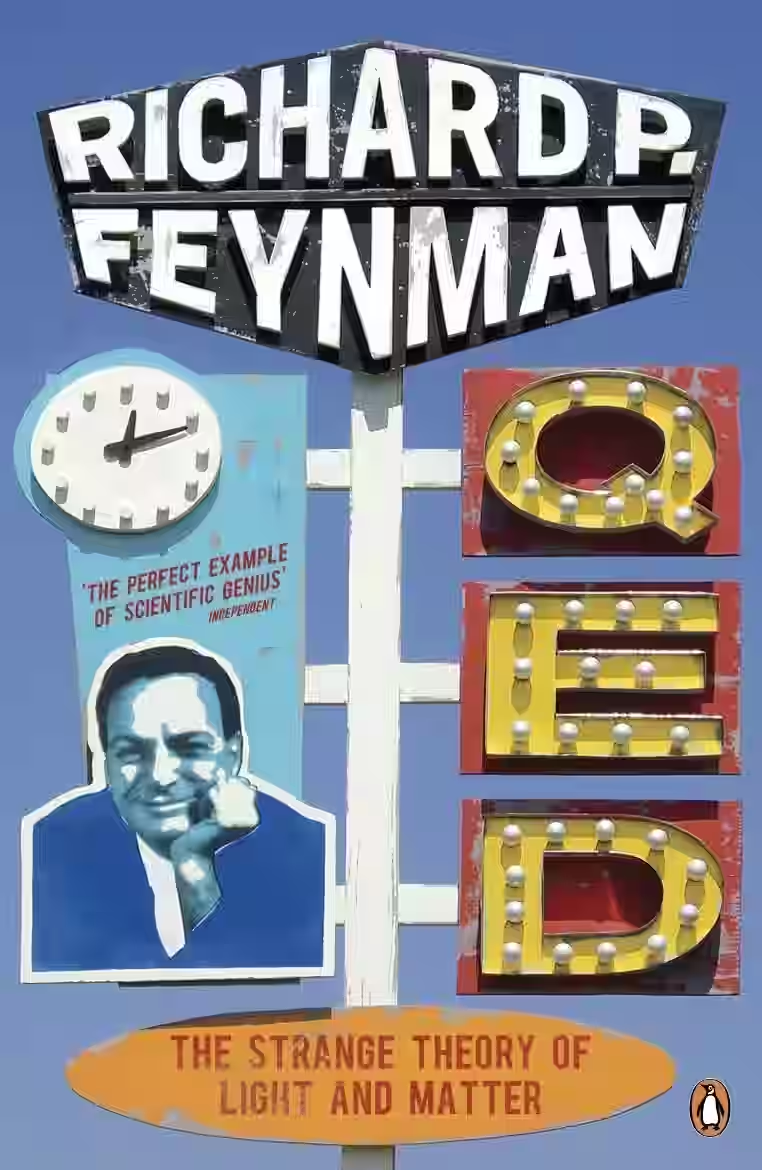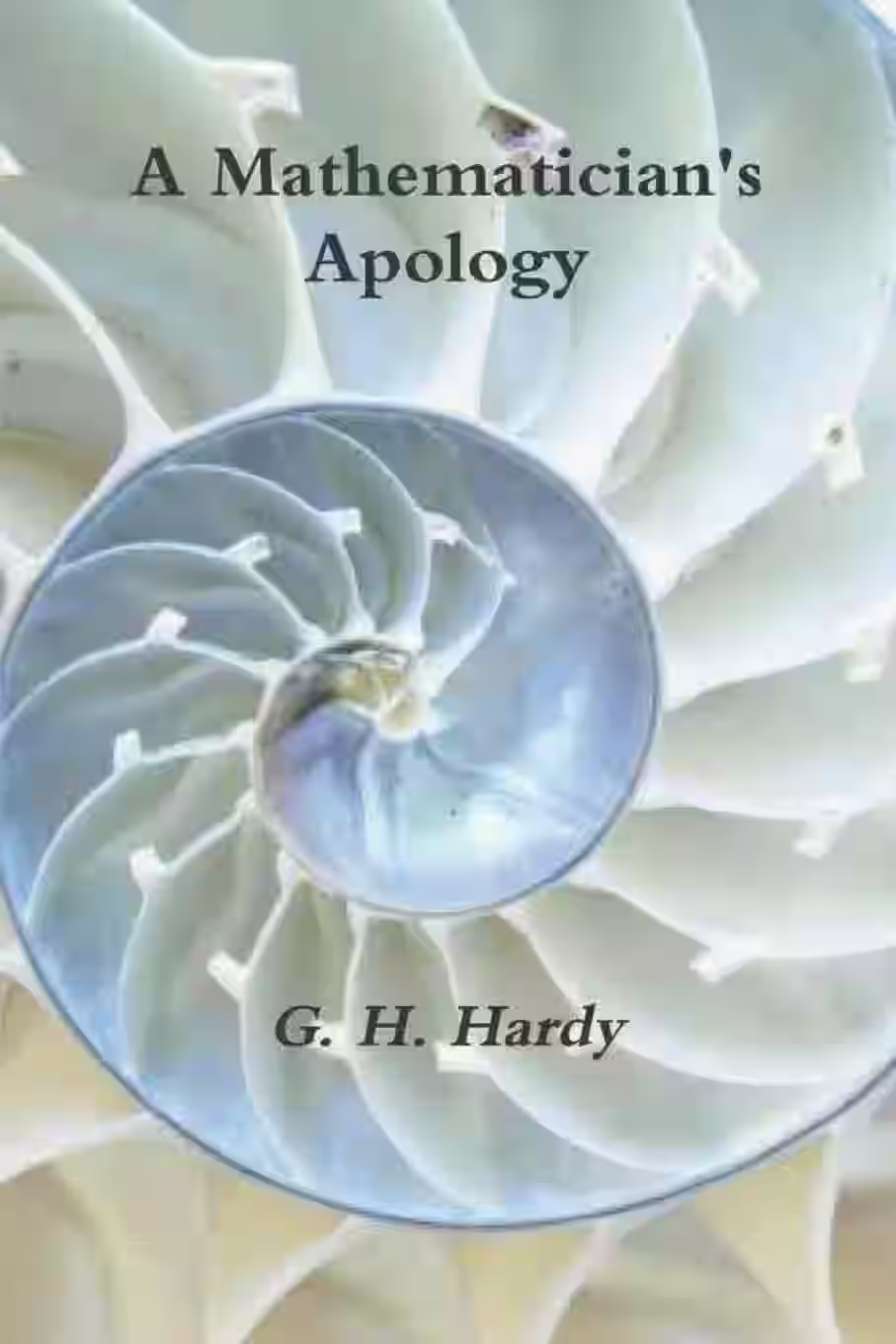
This collection celebrates the remarkable achievements of Nobel Prize-winning scientist Richard P. Feynman, whose work profoundly reshaped our understanding of quantum electrodynamics. "The Pleasure of Finding Things Out" is a magnificent compilation of Feynman's finest short works, encompassing interviews, speeches, lectures, and articles. Offering an intimate and captivating glimpse into an extraordinary life dedicated to science, this wide-ranging treasury explores Feynman's thoughts on science in culture and includes his insightful Nobel Prize acceptance speech. It's a fascinating read for anyone intrigued by the power of ideas and the scientific mind.
About Richard P Feynman
Richard Feynman (1918-1988) was a brilliant and charismatic theoretical physicist who revolutionized our understanding of quantum electrodynamics, earning him the Nobel Prize in 1965. Known for his exceptional clarity and engaging teaching style, Feynman possessed a rare gift for making complex ideas accessible and exciting. Beyond his scientific achievements, he was a multifaceted individual – a skilled bongo player, an avid artist, and a captivating storyteller with an insatiable curiosity and a healthy dose of skepticism. His lectures and writings continue to inspire and demystify the wonders of physics for generations.
Other Books by Richard P Feynman

Surely You're Joking Mr Feynman
This warm and insightful portrait captures the wisdom, humor, and boundless curiosity of Nobel Prize-winning physicist Richard Feynman through intimate conversations with his friend Ralph Leighton. Beyond his groundbreaking theoretical work, Feynman was a man of adventure – an artist, safecracker, practical joker, and captivating storyteller. His life, fueled by high intelligence, unyielding curiosity, and healthy skepticism, was a series of remarkable experiences. These recorded conversations, transcribed with minimal alteration, offer a wise, funny, passionate, and utterly honest self-portrait of one of the 20th century's most brilliant and engaging minds.

What Do You Care What Other People Think?
Richard Feynman, Nobel laureate and icon, was a genius with an insatiable appetite for adventure and a remarkable talent for storytelling. This collection of short pieces and reminiscences reveals his diverse passions, from his appreciation of beauty to his college antics and the unique lessons imparted by his father. Feynman takes us behind the scenes of the Challenger investigation, vividly recounting his pivotal experiment that exposed the disaster's cause. He also shares the poignant story of meeting his beloved first wife, Arlene, and their brief, cherished time together. Infused with Feynman's characteristic curiosity and zest for life, these writings are both deeply moving and wonderfully humorous.

QED: The Strange Theory of Light and Matter
Nobel laureate Richard P. Feynman unravels the revolutionary science that earned him the prize with his signature lucid and witty style. Quantum electrodynamics, or QED, is the theory explaining the intricate interactions between light and electrons, illuminating the deepest mysteries of our universe. Celebrated for its accuracy and enduring validity, QED, thanks to Feynman and his colleagues, stands as a cornerstone of modern physics. Through engaging everyday examples, Feynman delivers the definitive and accessible introduction to this profound theory.
Similar Books

I'm Glad My Mom Died
In this memoir, actress Jennette McCurdy recounts her complicated relationship with her controlling mother, her experiences as a child star, and her journey to reclaim her identity. With sharp wit and emotional honesty, she addresses eating disorders, abuse, and the pressures of fame. The title reflects her hard-won liberation from a toxic dynamic. Balancing dark humor with vulnerability, I’m Glad My Mom Died is a powerful story of trauma, survival, and self-discovery.

Dress Your Family in Corduroy and Denim
In 'Dress Your Family in Corduroy and Denim', David Sedaris spins a collection of autobiographical essays that delve into the complexities of family dynamics with his signature humor and keen observations. Sedaris navigates the quirks and challenges of his eccentric family members, including his father's awkward attempts at bonding and his sister's unconventional behavior. Through witty storytelling, he explores themes of acceptance, belonging, and the often hilarious realities of everyday life. Amidst the laughter, Sedaris also touches on moments of vulnerability and introspection, creating a poignant and relatable reading experience.

A Mathematicians Apology
by G.H. Hardy
In this reflective essay, esteemed mathematician G.H. Hardy defends pure mathematics, emphasizing its intrinsic beauty over practical applications. Written during his later years, Hardy offers insights into the creative process of mathematical thought and the aesthetic pleasure derived from abstract reasoning. The work serves as both a personal memoir and a philosophical treatise, highlighting the enduring value of intellectual pursuits for their own sake.

Walden
In Walden, Thoreau reflects on his experiment of simple living in a cabin near Walden Pond. Through observations of nature and philosophical musings, he advocates for self-reliance, introspection, and a deeper connection with the natural world. The work challenges materialistic values and encourages readers to seek fulfillment beyond societal conventions. Thoreau's contemplative prose offers timeless insights into the human condition and the pursuit of a meaningful life.